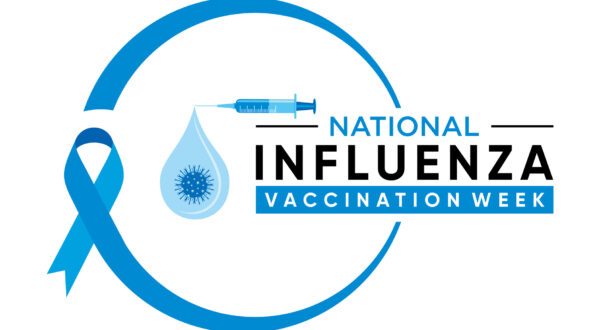The Second Spring: Perimenopause, Power, and the Beauty of Change
Categories

There’s a term in traditional Chinese medicine that speaks to this moment in a woman’s life: The Second Spring – a season after reproductive fertility ends when a fresh vitality blooms. And let’s be honest, sometimes it blooms with sweat-wicking sheets and unexpected hot flashes during Zoom calls or parent-teacher conferences.
A couple of years ago, I started feeling tired. All the dang time. And before I knew what was happening, I chalked it up to work, family, or not enough hydration. But when the fatigue deepened, when I couldn’t sleep, when waves of anxiety crept in uninvited (often at 3:00 a.m. with a bowl of cereal in hand), I started to wonder if I was doing something wrong. Was I allergic to something? Was it time to move to a yurt in the mountains? It wasn’t until I began researching and talking to trusted women in my life that I realized: this wasn’t about doing something wrong. It was about entering a new season.
Perimenopause isn’t a sentence, it’s a transition. This season rarely gets the spotlight – it doesn’t begin with a loud announcement but with a whisper.
It isn’t just “The Change” to get through. It’s a passage – a gateway to renewal and power. The more I listened to my body, the more I saw this time as an invitation to return to myself. To honor my pace. To redefine beauty, boundaries, and even life goals. This season has required more compassion toward myself than any other. And slowly, I’m learning that grace isn’t just something you offer others – it’s a vital practice of self-care.
As Dr. Punam Krishan notes, symptoms often begin in the late 30s to early 40s and are “often misinterpreted as stress, burnout, or depression,” pushing women to think they’re “going crazy.”
Facts to Know:
- A 2025 study mentions that women experience a variety of symptoms and that the severity of symptoms can vary across different populations of women. For example, a study found that Black women were more likely to experience severe vasomotor dysfunction (hot flashes, night sweats, and changes in blood pressure or heart rate).
- Psychological symptoms like brain fog and irritability frequently surface two to 10 years before physical symptoms.
- Peri- and menopause can lead to an increased risk for a number of health conditions including heart disease, stroke, osteoporosis, or Type 2 diabetes.
- Survey data shows less than half of women feel familiar with treatment options, and 25% aren’t even aware of potential treatment options.
- Untreated menopause symptoms can interfere with worker performance, productivity, and motivation.
This season called me to:
- Honor my pace – Pajamas I love, weekend naps without guilt, and saying “yes/no” to things much more intentionally.
- Advocate for myself – Requesting care, asking about proper screening tests, exploring hormone and non-hormonal therapies, as well as supportive work arrangements.
- Protect my energy and joy – Canceling a friend catch up felt icky, but necessary. Creating space for meditation and exercise? Absolutely worth it. Becoming attuned to the food I eat and supplements I take became essential more than ever.
In my newly discovered clarity, I found a quieter, deeper kind of power. There’s beauty and wisdom in this stage of my life, humor in the weirdness of all the symptoms, and grace in the surrender – my very own Second Spring.
Reflection Prompt:
Where in your life are you being called to slow down, soften, or let go? What might bloom if you allowed yourself to step into a new kind of spring?
Additional Resources to Explore:
The # 1 Menopause Doctor: How to Lose Belly Fat, Sleep Better, and Stop Suffering Now
Strategies from Harvard Health on managing hormonal ups and downs
MidiHealth expert perimenopause treatment clinic
Menopause Preparedness Toolkit
Lisa Brown – Perimenopause Coach
The Menopause Doctor: This Diet Delays Menopause! Menopause Is Shrinking Your Brain! Dr Lisa Mosconi


